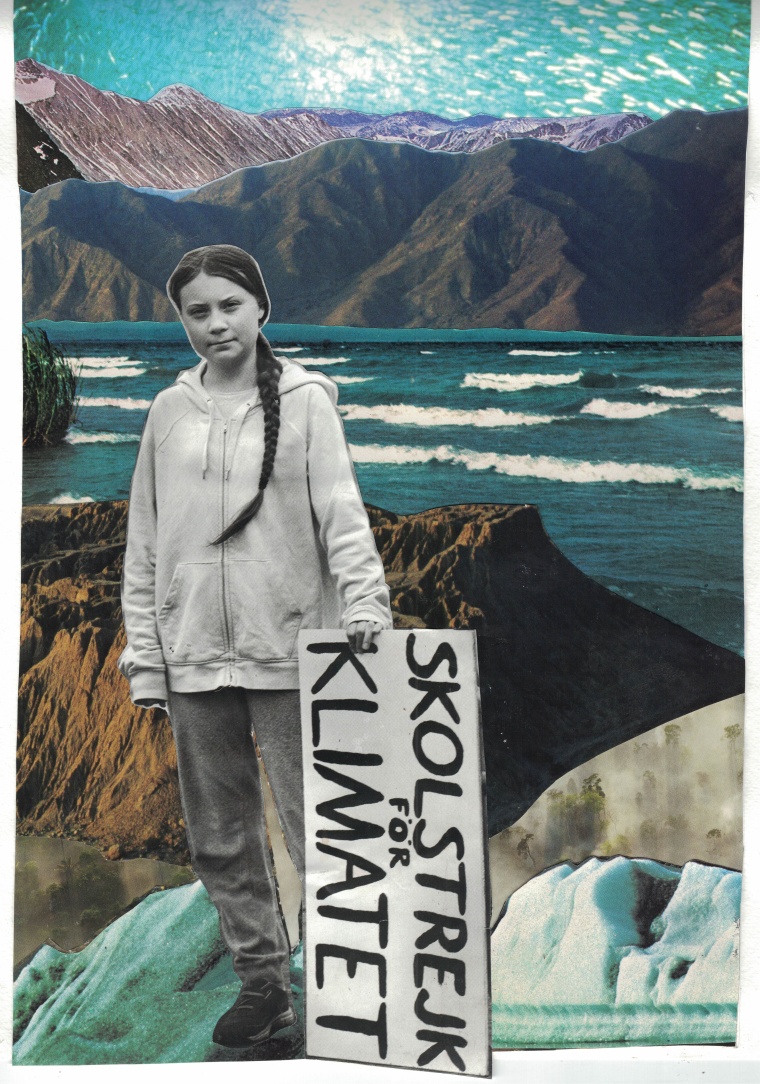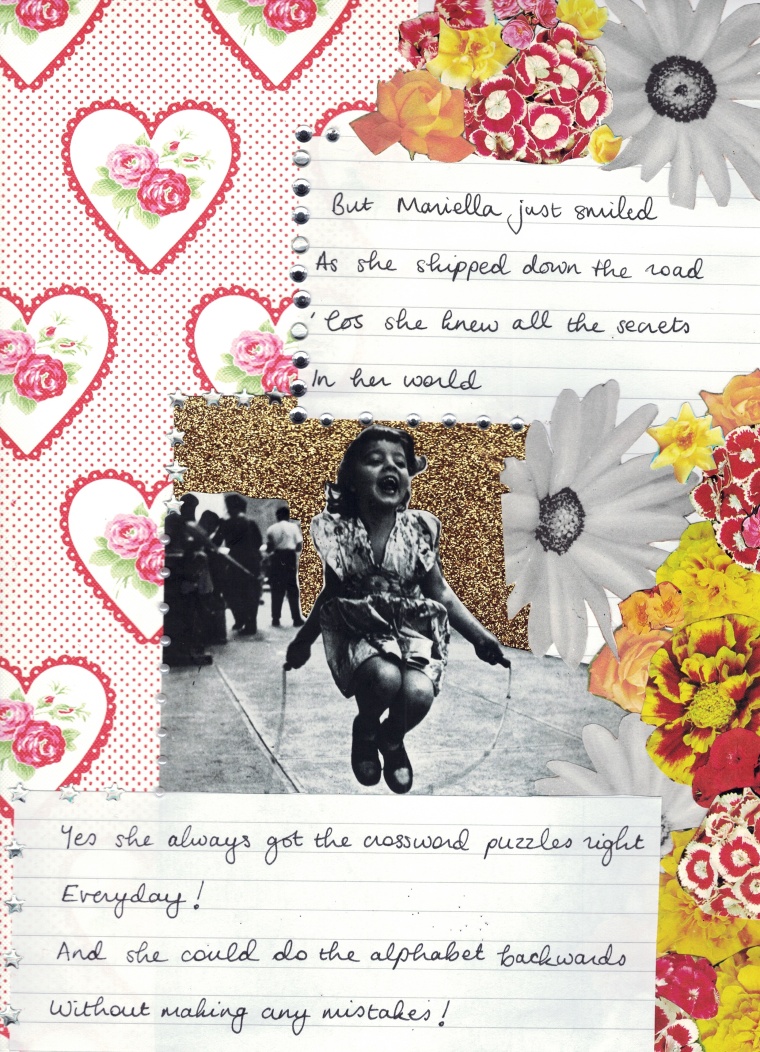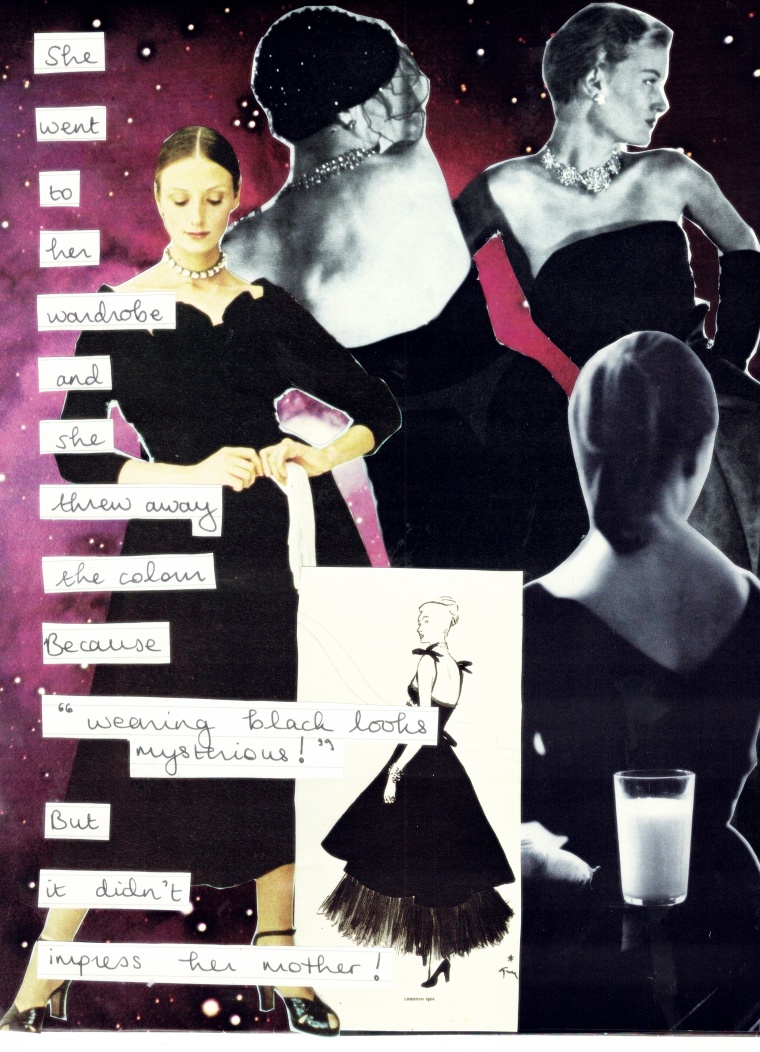An aspect of autism that I didn’t know until I first researched it was the sensory experience, and I imagine this is something that most people are unaware of. We see autism first and foremost as a social impairment with the sensory difficulties as a very occasional afterthought. Now however, I have realised the way I process the world around me is a lot more prescient than how I relate to other people. Since my diagnosis I’ve come to understand the way I move through the world, the physicality of being autistic, and, more importantly, I’ve been able to put in measures to help manage it. I don’t have an official diagnosis of Sensory Processing Disorder; it was intimated in my assessment and to get it on paper I’d have to go private. Besides, knowing that sensory things are an issue for me seems to be enough.
Having thought about it, one blog post on sensory processing is going to turn into a mountain, so I’ve decided to break it down into a couple (hearing, sight and touch). Today I’m going to talk about sound (clearly). Now it would be disingenuous to suggest that this is the experience of every autistic person. However, in reading other autistic people’s personal accounts, either in books, blog posts and threads on Twitter, I’ve been able to find commonality between our experiences. You read along and nod.
Through reading other autistic personal narratives, I’ve discovered ways of describing things that then show me something I hadn’t previously been able to verbalise myself. For one, until recently I had never even considered the fact that the way I see, hear and feel my way through life could be different to an allistic person. I always assumed that the discomfort I experience from sound was something that everybody experienced – they were just better at dealing with it than I. I’m now completely overhauling how I approach things, or at least slowly pinpointing the ways that auditory processing issues work and how I can work around them.
I’ve always had very sensitive hearing; whispering sends me spare. It feels like somebody tickling your ear with a feather. You can’t move away and you just get slowly more and more irritated, until you feel you might explode, physically and mentally. Understandably, primary school and high school classrooms could be a nightmare. Libraries too, as I discovered during my undergraduate degree. I was regularly internally apoplectic if somebody near me whispered, breathed too loudly, or typed loudly and unpredictably. Equally frustrating was nobody else seemed to get as frustrated as I did. I sat my Finals in a separate room, with earplugs. This made an incredible difference but still wasn’t perfect; in one exam the invigilator decided halfway through that it was the perfect moment to remove her laptop from its case and clean out the keyboard by blowing. Admittedly the fury at being disturbed seemed to mix well with the exam adrenaline and it was one of my best papers, but it wasn’t a pleasant experience.
Loud noises aren’t enjoyable either. One morning as a bookseller, I was balancing a full till-tray on one arm whilst logging into the till with the other. The sound of the till drawer springing open made me leap backwards, sending a shower of change everywhere. Emergency sirens are the worst; when an ambulance passes by on the street the noise wipes out everything. It hurts my ears and drowns out my thoughts as it blares round and round and over and over, well after the actual siren is long out of earshot. Hearing is always physical – I clap my hands to my ears and wince and shudder.
Sometimes I feel as if I live in a constant wall of sound. Tuning things out seems to be an issue, but this is difficult to explain. For example, right now, as I sit at my computer I can hear: the music from my speakers, the fridge buzzing in the kitchen, the cars outside, my typing on the keyboard. Recently when having a meal out I noticed that I was trying to listen to the conversation with my mum and boyfriend whilst also listening to the table behind us talk about how they like their coffee, and hearing the woman on the next table tell the waitress that they didn’t have a voucher. These all seem to coexist at once, I am simultaneously aware of them all.
This is why I like to wear headphones, particularly when outside. Trying to hold all these different things in your consciousness is very exhausting. Music is all-encompassing and predictable if I know the track. It is a nice feeling. I can focus on the lyrics, the notes, the different layers (e.g. guitar, bass, drums, how they all fit together) and think about what will come next. Since I got my first Walkman aged 10, I have often listened to the same song over and over. I once played “When You Were Young” by The Killers solidly on the walk to and from school for a week or so. Music becomes a predictable backdrop, an endless loop that makes it a lot easier to deal with the visual unpredictability of the outside world. This is essential on my regular commute which involves a ten minute busy, crowded, cramped and noisy layover in central Oxford.
I do occasionally wish that things were different, especially when not hearing things leads to awkward social mishaps or getting things wrong. Because I don’t seem to be able to tune things out, I often don’t hear what people say straightaway. When people expect a reply I’m only just realising what it is they said and then I seem rude, so often I try and guess, and a few times I get it wrong. What can you do though? Wishing for things to be different gets me nowhere. Instead I do my best to get by and hope that soon this less acknowledged side of autism receives more recognition and understanding in our noisy allistic world.



